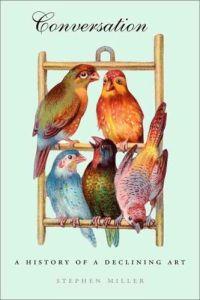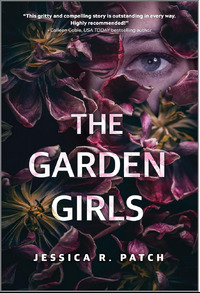

Purchase
A History of a Declining Art
Yale University Press
March 2006
368 pages
ISBN: 0300110308
Hardcover
Add to Wish List
Non-Fiction | Historical
Essayist Stephen Miller pursues a lifelong interest in
conversation by taking an historical and philosophical view
of the subject. He chronicles the art of conversation in
Western civilization from its beginnings in ancient Greece
to its apex in eighteenth-century Britain to its current
endangered state in America. As Harry G. Frankfurt brought
wide attention to the art of bullshit in his recent
bestselling On Bullshit, so Miller now brings the art
of conversation into the light, revealing why good
conversation matters and why it is in decline.
Miller explores the conversation about conversation among
such great writers as Cicero, Montaigne, Swift, Defoe, Lady
Mary Wortley Montagu, and Virginia Woolf. He focuses on the
world of British coffeehouses and clubs in "The Age of
Conversation" and examines how this era ended. Turning his
attention to the United States, the author traces a
prolonged decline in the theory and practice of conversation
from Benjamin Franklin through Hemingway to Dick Cheney. He
cites our technology (iPods, cell phones, and video games)
and our insistence on unguarded forthrightness as well as
our fear of being judgmental as powerful forces that are
likely to diminish the art of conversation.
Comments
No comments posted.
Registered users may leave comments.
Log in or register now!
| 


 © 2003-2024 off-the-edge.net
all rights reserved Privacy Policy
© 2003-2024 off-the-edge.net
all rights reserved Privacy Policy